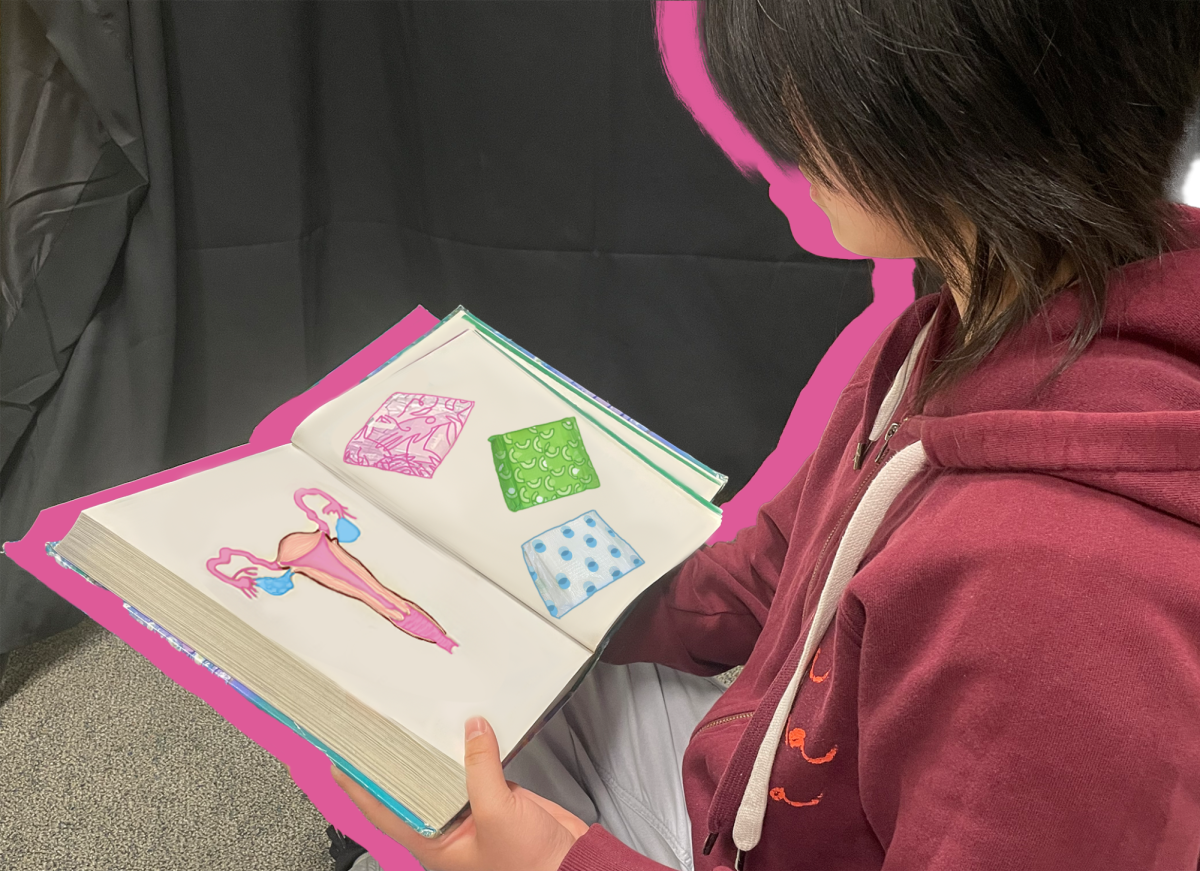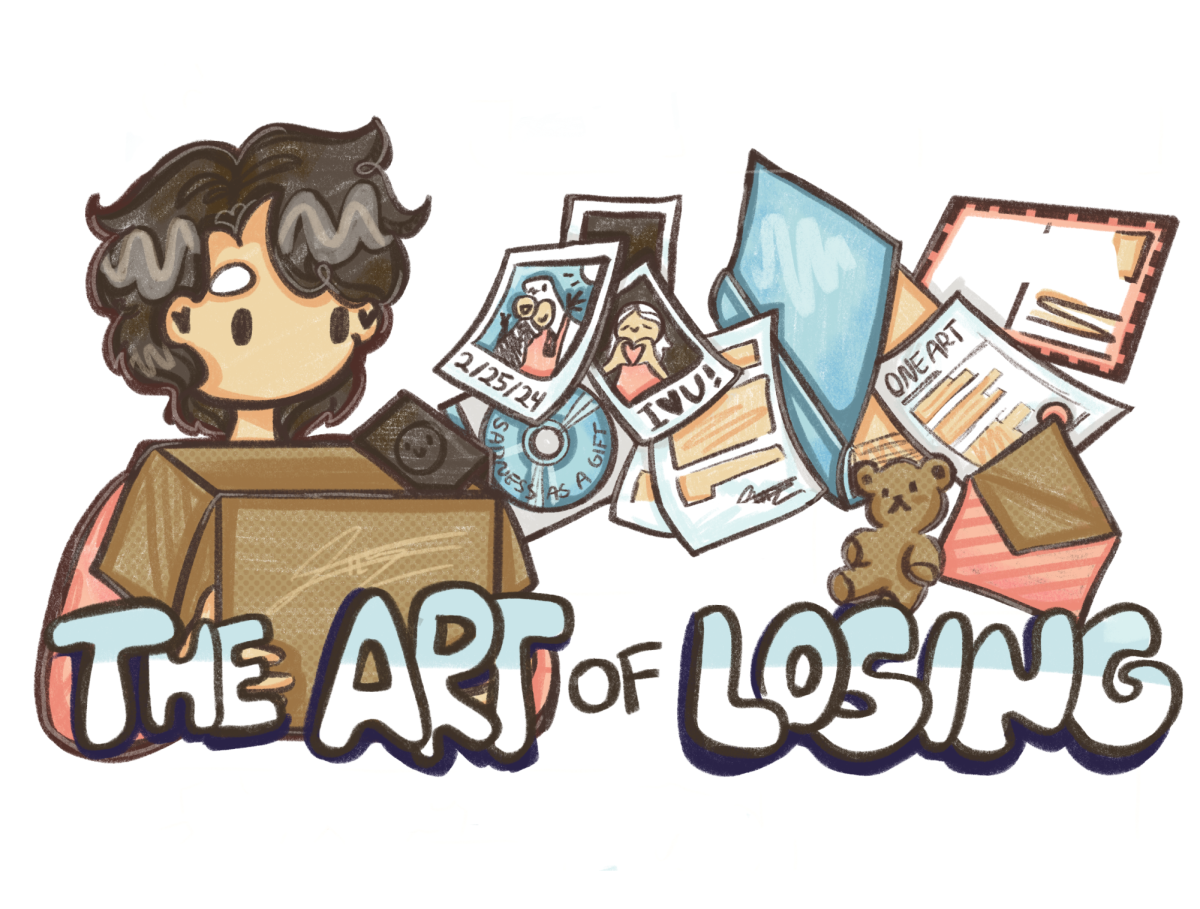Meeting relatives often goes like this: my parents greet them first, exchanging a customary “how have you been,” followed by my brother getting a wave or a high five. Eventually, they turn to me, extending an arm not for a handshake, unfortunately, but for a hug. Like a practiced routine, I shrink away, attempting to placate the mildly annoyed and confused look on their face with an awkward laugh, followed by an “I don’t like hugs.”
I stopped liking hugs sometime in the past few years — they stopped being a source of comfort I could find after a bad day, and started making me feel uncomfortable instead. With this newfound aversion to hugs came a dilemma: while I would much prefer getting the high fives people give my brother over getting strangled with a hug, communicating that to every person I meet would be exhausting, especially because it seems like my relatives expect me to hug them.
One study by professors from the University of Arizona, Kent State University and San Diego State University found that women are genetically predisposed to showing more physical affection, which could explain the expectation for women to accept hugs. Conversely, when men show affection, it is stigmatized as taboo and emasculating. While some women may enjoy hugs and some men may not, a problem arises when we generalize these patterns — based on populations — to individuals. When we make assumptions about someone’s comfort with hugs, going in for a hug (because it’s “just a hug”) risks making someone uncomfortable by crossing their boundaries.

Making assumptions about whether someone likes hugs also perpetuates unfair standards when it comes to physical affection, which stigmatizes men showing physical affection and creates an expectation for women to show it. This ultimately results in an overall lack of consent when it comes to hugs.
To combat this problem, we must recognize that consent ultimately extends into every aspect of our lives. Saying no to physical affection, even from someone close to us, should be perfectly OK; people who don’t like hugs should not have to make themselves uncomfortable for the sake of others’ comfort. Additionally, hugs need to be treated like any other method of showing and receiving affection. From a young age, parents should not pressure their kids to hug anyone and instead reinforce concepts of consent and body autonomy. Hugs should not be expected from anyone, nor should hugs be seen as taboo — something emasculating or inherently romantic even when they aren’t.
In order to give each other the space to establish our boundaries and preferences, we need to stop treating consent as something that purely arises in sexual situations, and that is something that starts at a young age. We cannot only start learning consent in sex education units in science classes — consent is something that must be introduced at a younger age, when kids first start interacting with others. Parents must teach kids consent early and outside of the context of sex by reinforcing their body autonomy and teaching them to ask for consent when necessary to help reinforce the importance of consent and destigmatize it as something that does not exist purely during sexual situations, but in everyday interactions. Whether we get consent by asking someone before hugging them, borrowing someone’s clothes or planning to meet up with friends, we must give people the space to say no without

facing judgment.
For me, knowing that people around me will not hug me without my permission has massively helped my own confidence in asking for a hug when I do need one. My friends and family have created an environment that makes me feel comfortable both asking and saying no to a hug, whether
by opting for high fives instead, orsimply spending time with me rather than showing physical affection. This brings me a lot of comfort because I know that the people around me understand that my aversion to hugs does not mean that I value them any less. Ultimately, the way we show affection, whether through physical touch, quality time or something else entirely does not diminish the meaning behind it: not wanting to hug someone doesn’t mean you care about them any less.























